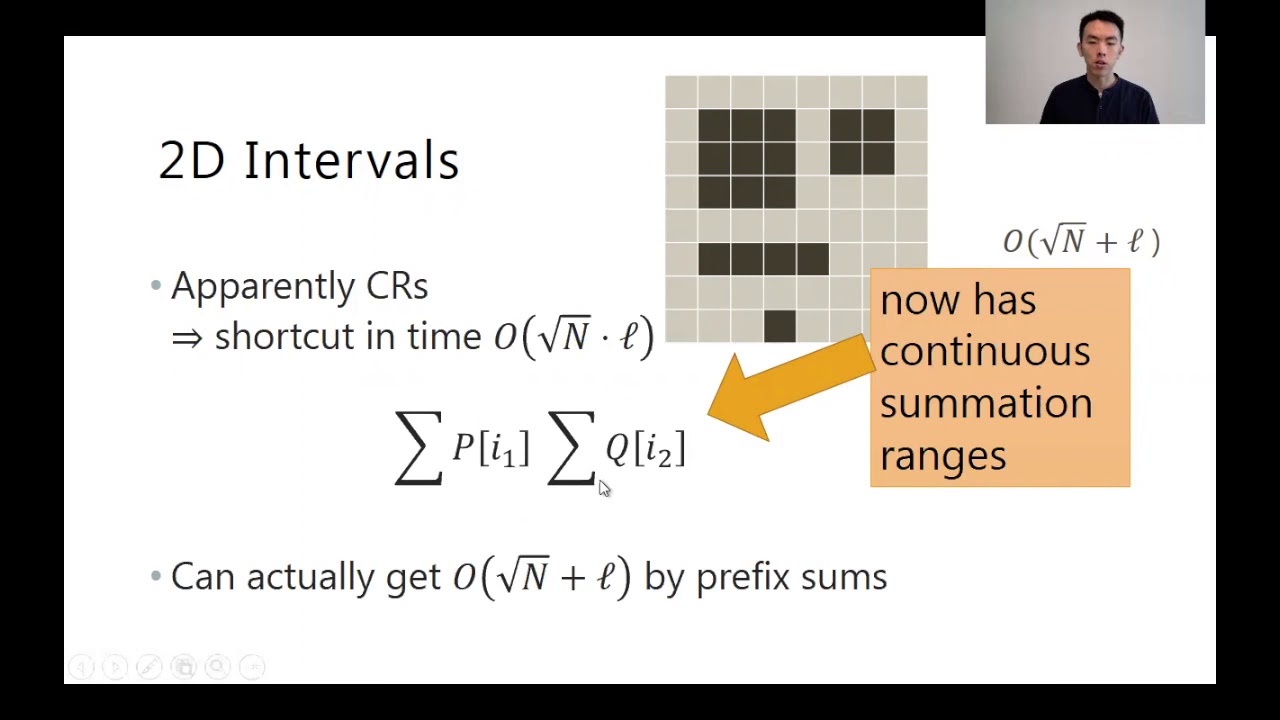Welcome to the resource topic for 2020/1429
Title:
On Computational Shortcuts for Information-Theoretic PIR
Authors: Matthew M. Hong, Yuval Ishai, Victor I. Kolobov, and Russell W. F. Lai
Abstract:Information-theoretic private information retrieval (PIR) schemes have attractive concrete efficiency features. However, in the standard PIR model, the computational complexity of the servers must scale linearly with the database size. We study the possibility of bypassing this limitation in the case where the database is a truth table of a “simple” function, such as a union of (multi-dimensional) intervals or convex shapes, a decision tree, or a DNF formula. This question is motivated by the goal of obtaining lightweight homomorphic secret sharing (HSS) schemes and secure multiparty computation (MPC) protocols for the corresponding families. We obtain both positive and negative results. For “first-generation” PIR schemes based on Reed-Muller codes, we obtain computational shortcuts for the above function families, with the exception of DNF formulas for which we show a (conditional) hardness result. For “third-generation” PIR schemes based on matching vectors, we obtain stronger hardness results that apply to all of the above families. Our positive results yield new information-theoretic HSS schemes and MPC protocols with attractive efficiency features for simple but useful function families. Our negative results establish new connections between information-theoretic cryptography and fine-grained complexity.
ePrint: https://eprint.iacr.org/2020/1429
Talk: https://www.youtube.com/watch?v=gFBZkHBZANQ
Slides: https://iacr.org/submit/files/slides/2020/tcc/tcc2020/202/slides.pptx
See all topics related to this paper.
Feel free to post resources that are related to this paper below.
Example resources include: implementations, explanation materials, talks, slides, links to previous discussions on other websites.
For more information, see the rules for Resource Topics .
